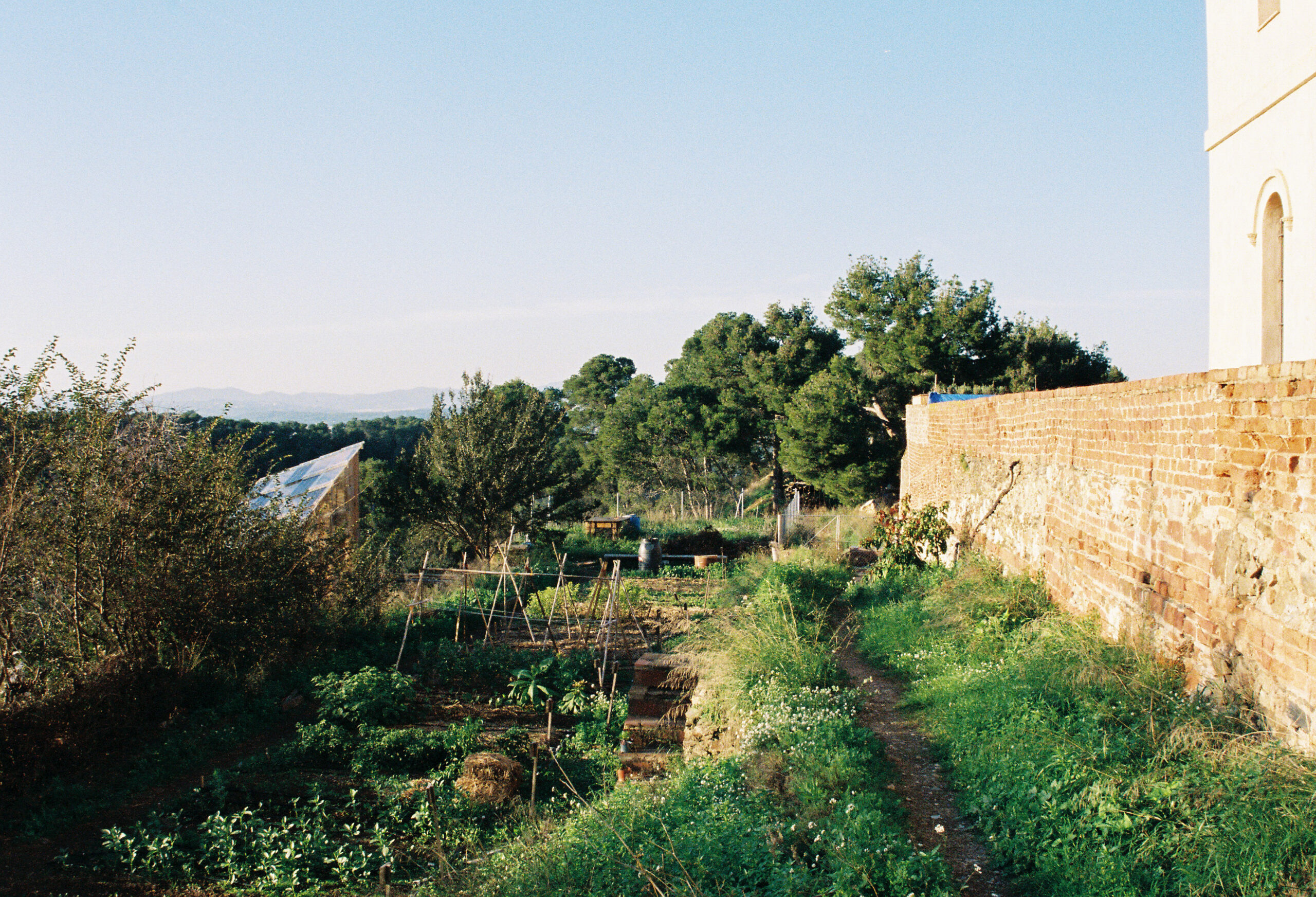The course is an experienced-based engagement in management and implementation of an intensive organic agriculture farm. Whilst practical and hands-on, a general botanic theory will guide the development and investigation of agricultural and ecological systems and complex planting methods.
Traceability in nutrient flows, energy, materials and labor costs will be mapped and recorded from farm to fork and from below ground to above ground. In this way we will measure the productivity of our farming experiences, making them measurable, comparable and ultimately demonstrate the viability of our interventions. We will explore what it takes to plan and implement a self-sufficient garden, with reflections on how these learnings can be applied to an urban context.
Over the centuries, the agricultural industrial sector has grown to become a force for ecological and climate change. Methods of landscape development for the production of food and material resources is now one of the most contested debates of our time. The ecological interactions seminar line, although mainly practical, also examines what emerging techniques and infrastructure can be designed to be appropriate for climate resilient societies, productive enough for global markets whilst being ecologically regenerative rather than reductive. The Valldaura landscape and gardens offer a unique opportunity for innovation where tacit knowledge of plant and ecosystem development combines with new computational and digital tools. Together we can enhance knowledge and practice towards an ecological optimum for agricultural systems. The objective is for students and researchers to gain practical, hands-on experience of farm life as well as an understanding of past philosophies and future practices. Part of the Valldaura living lab.



